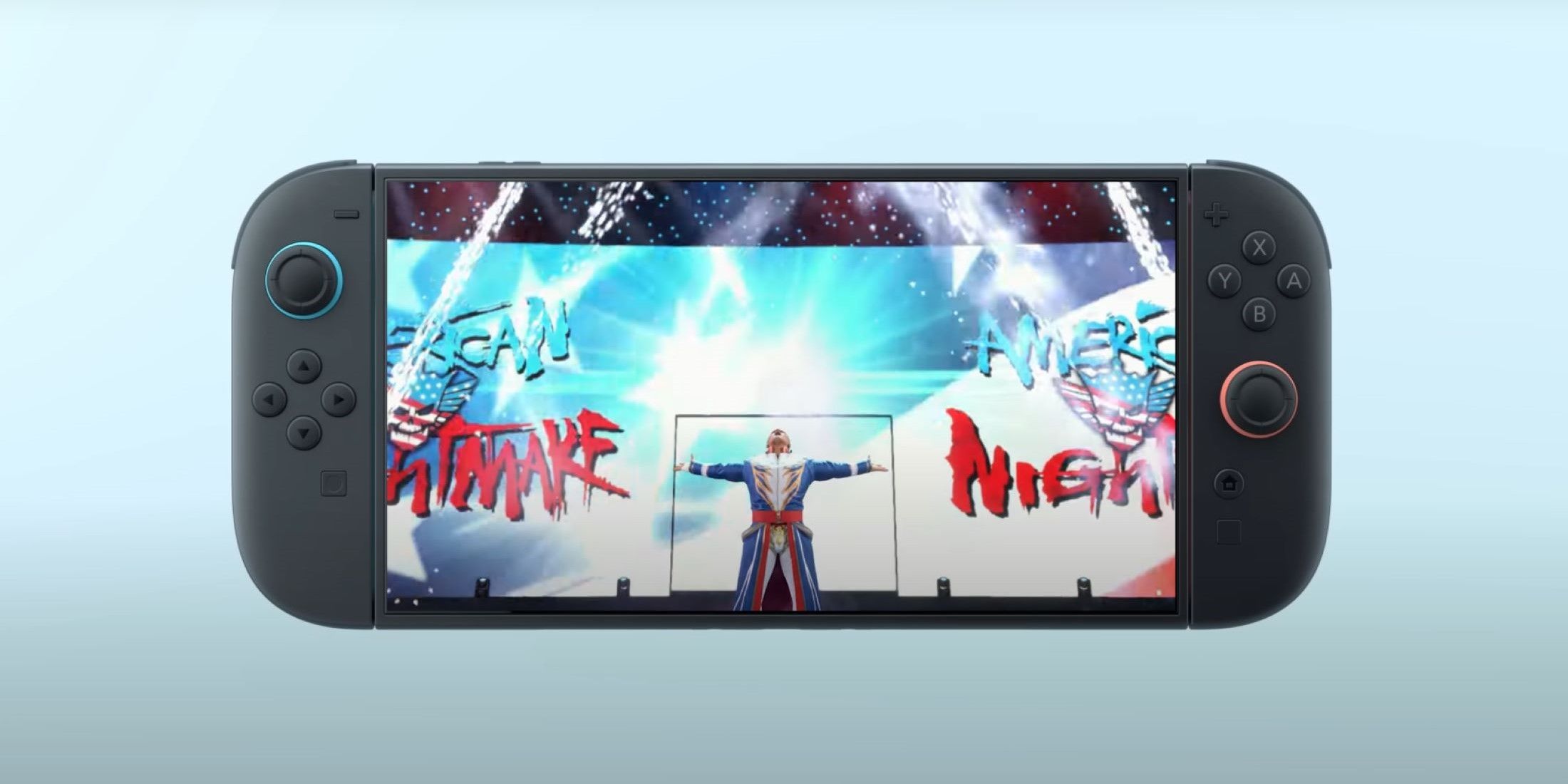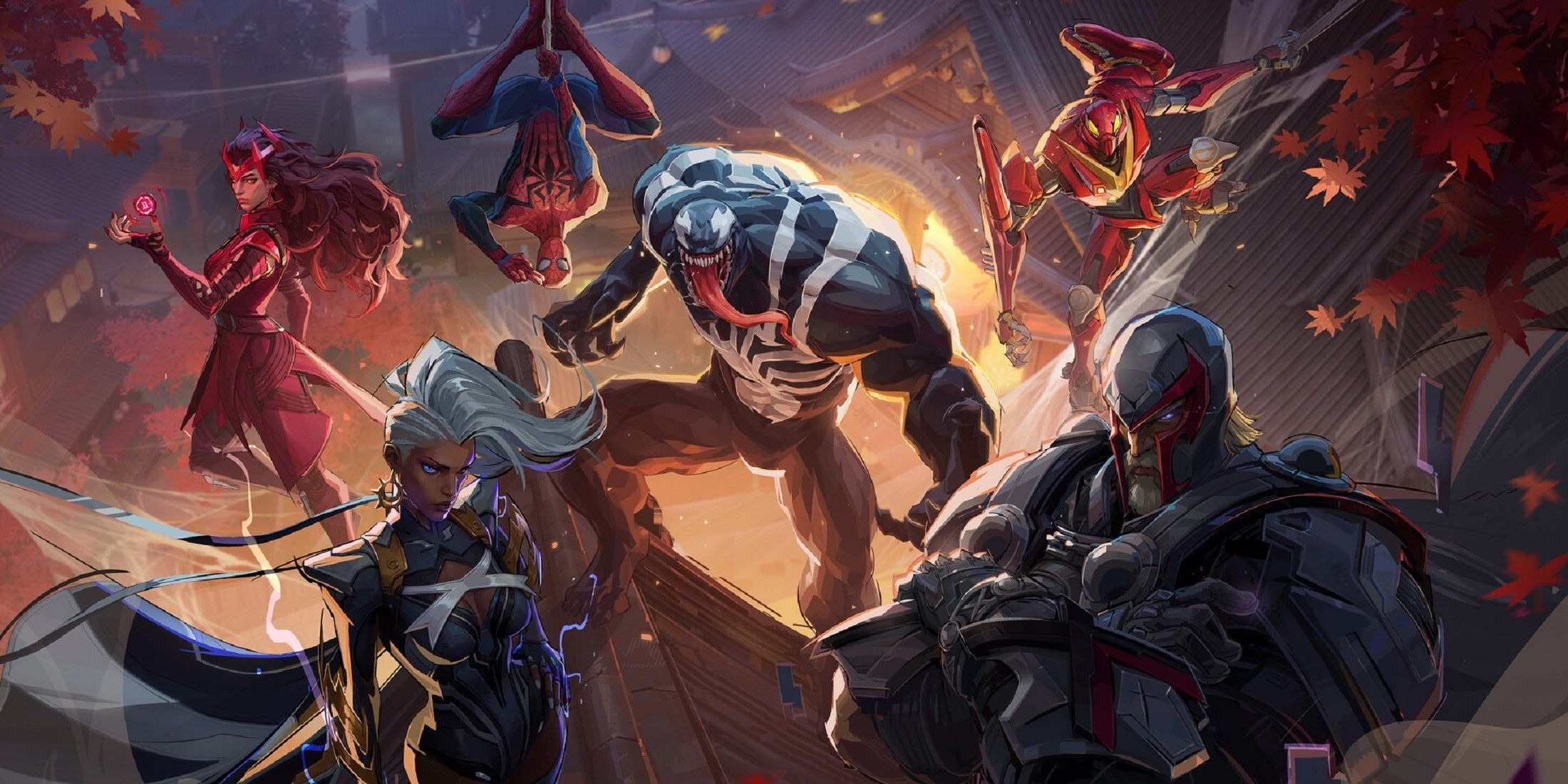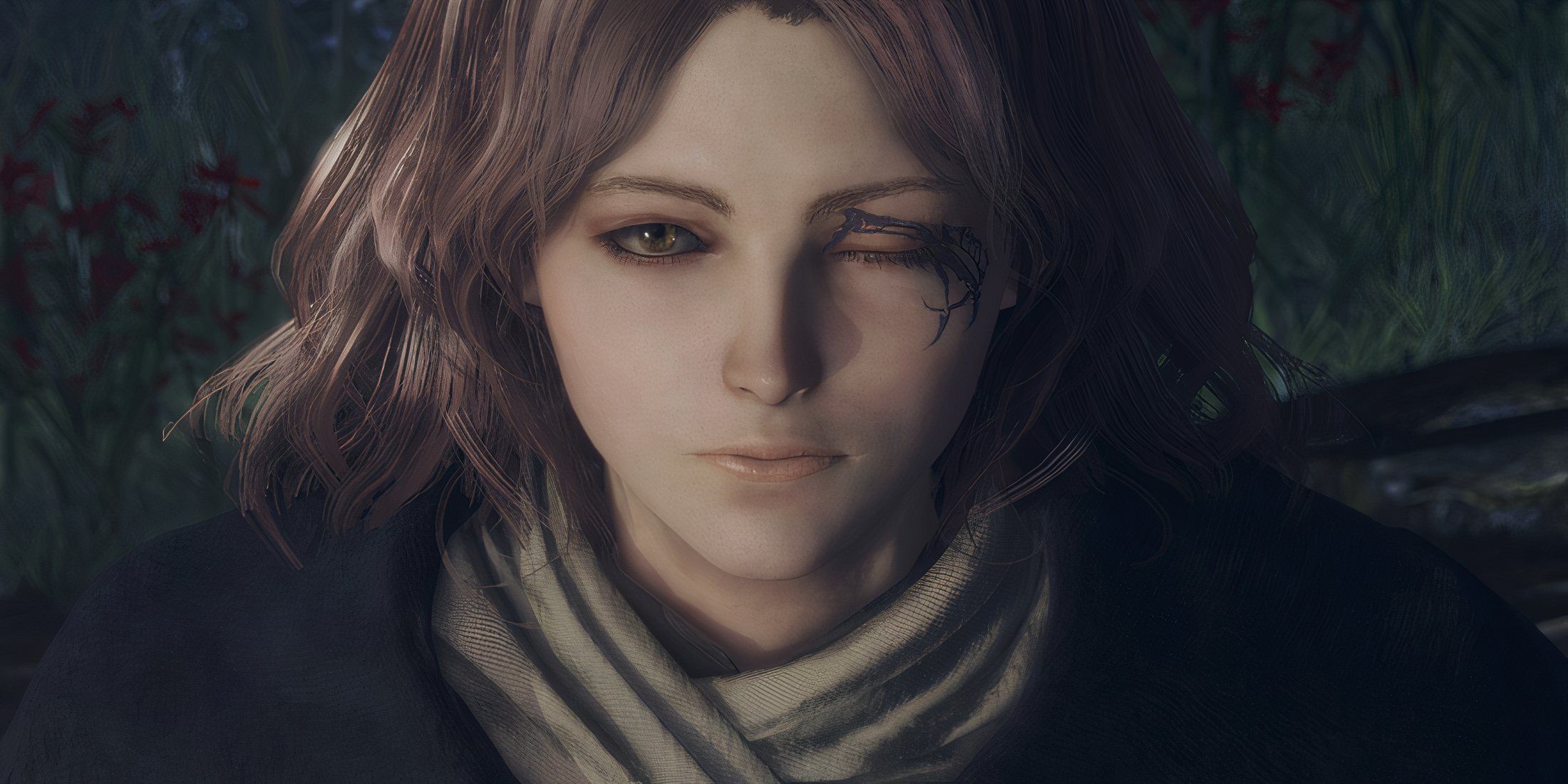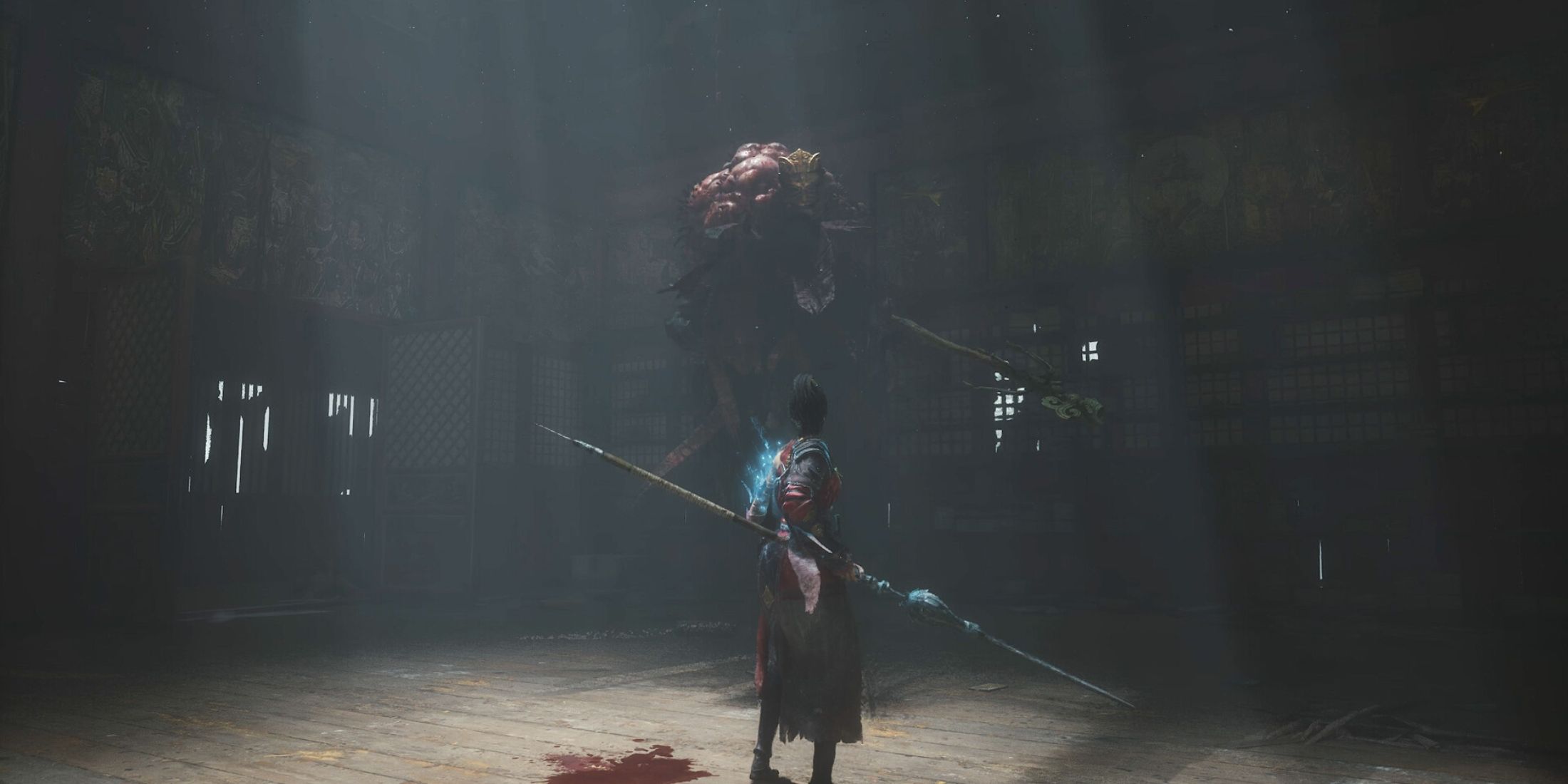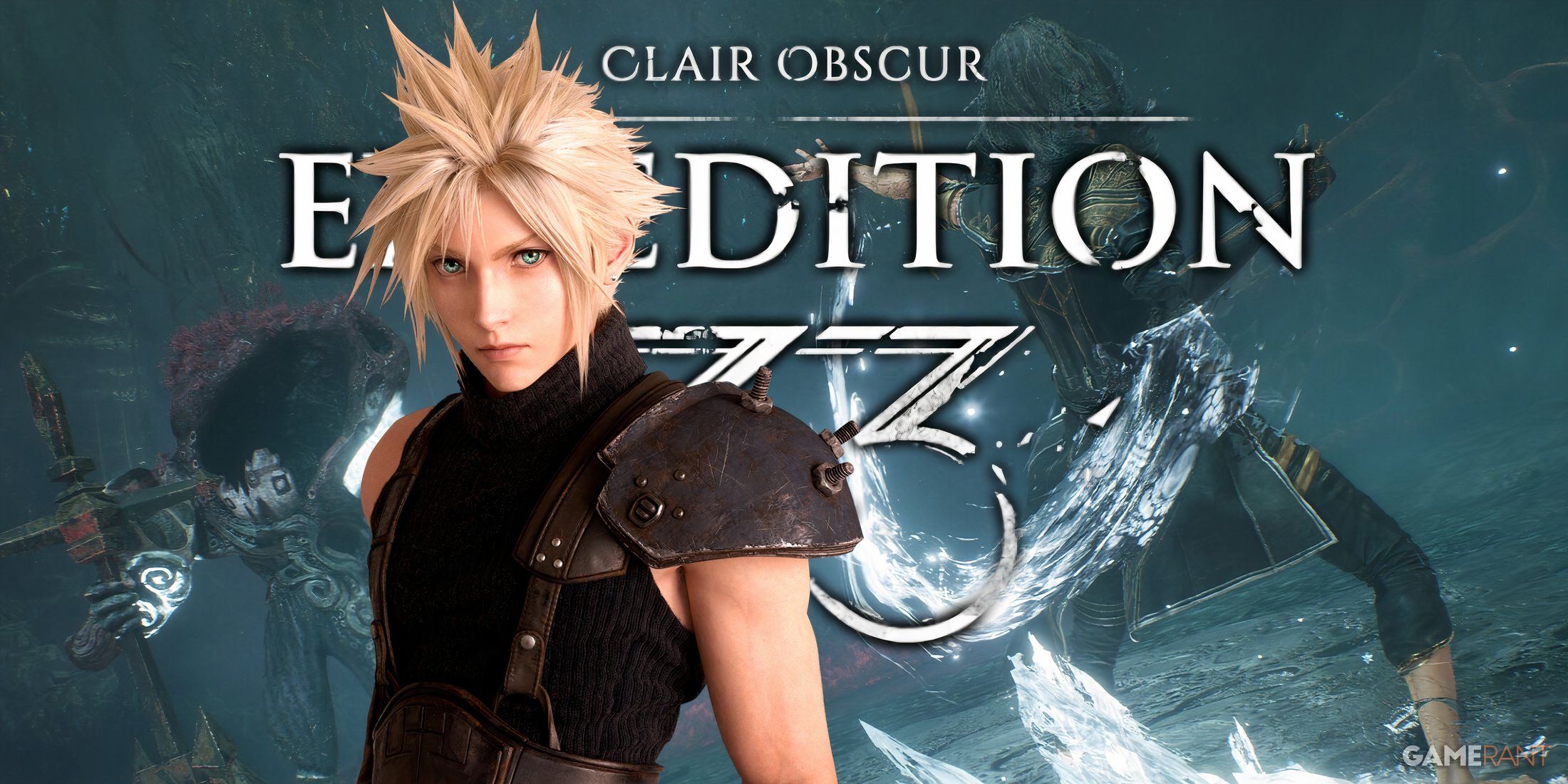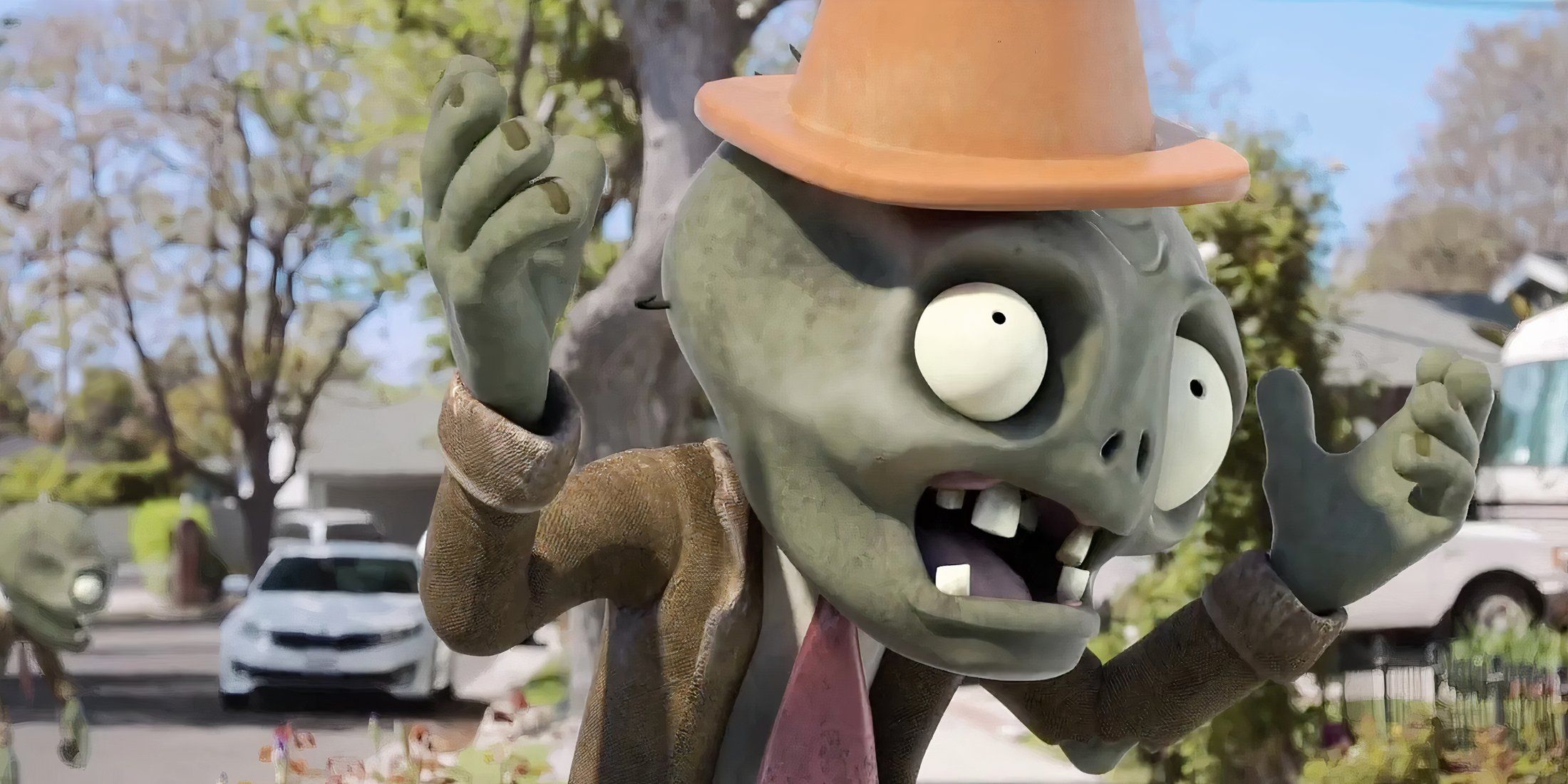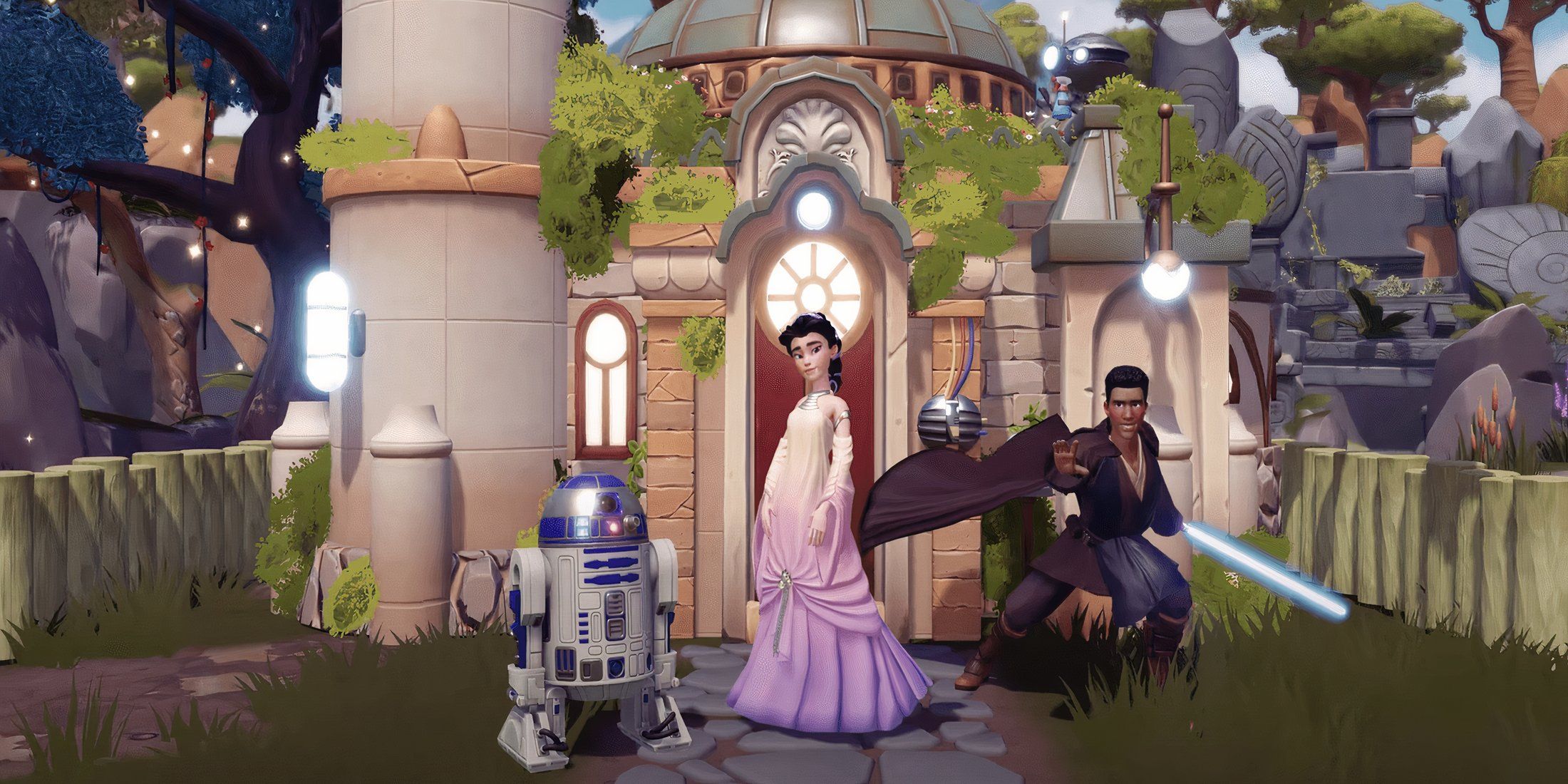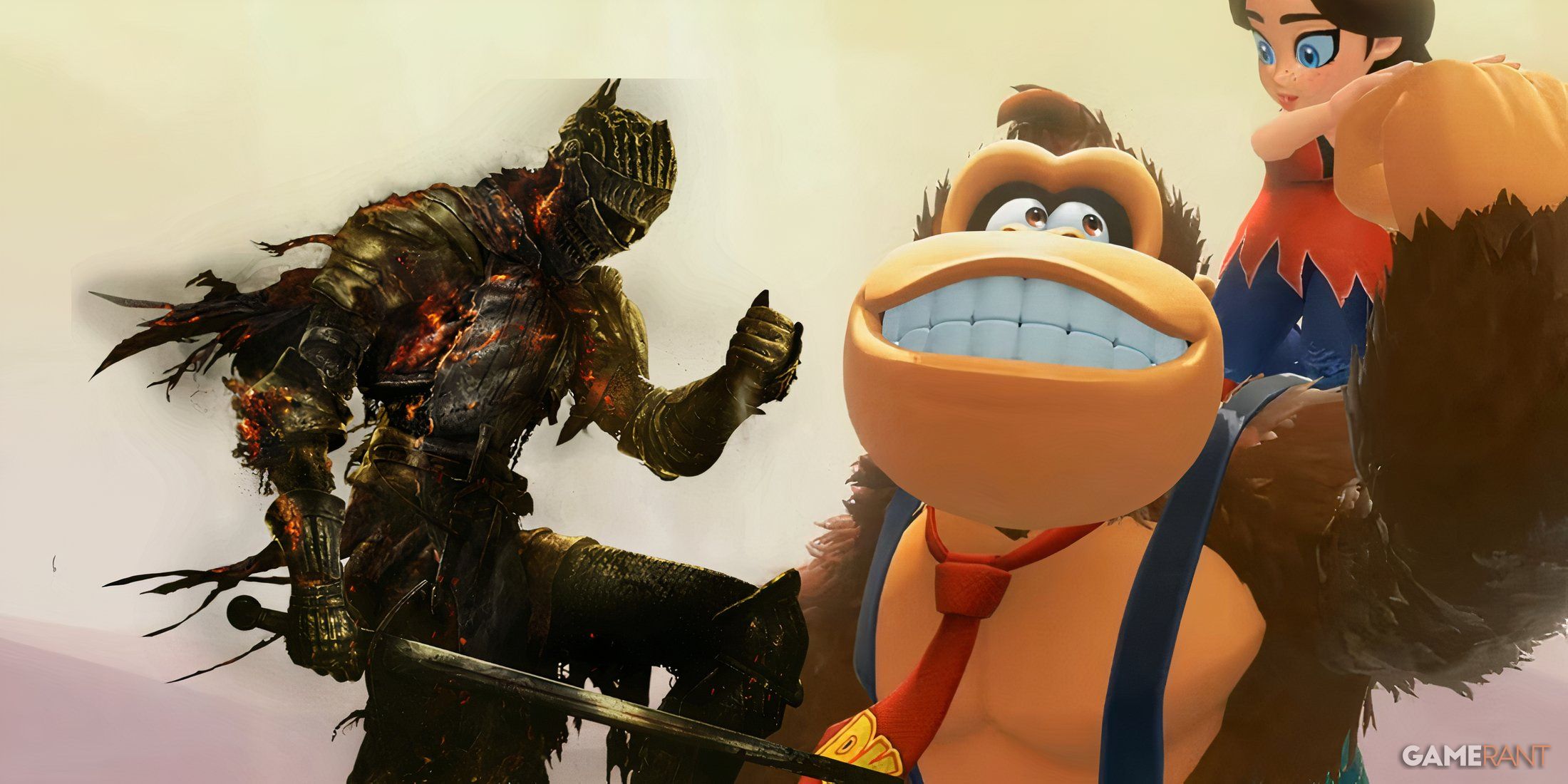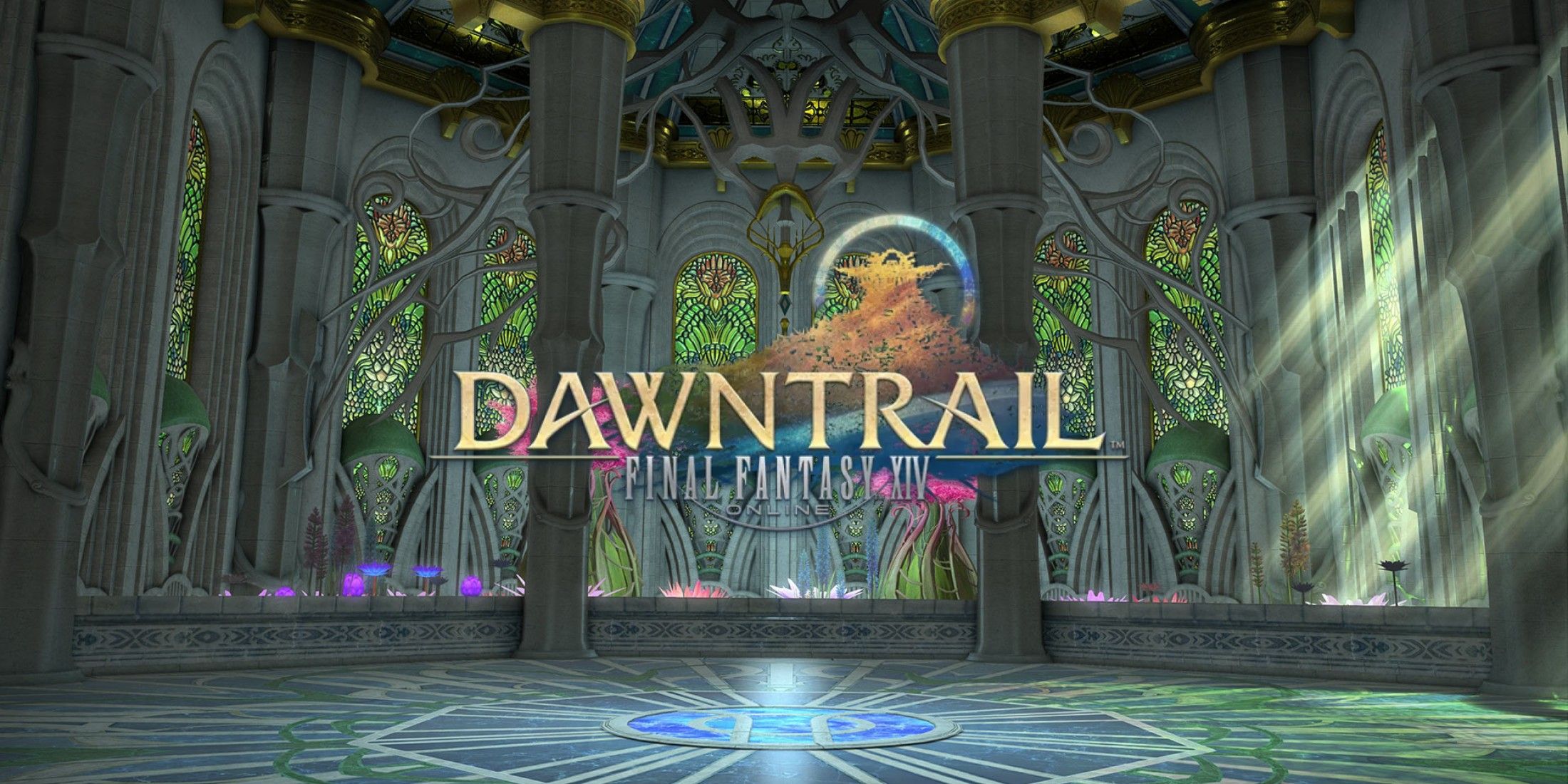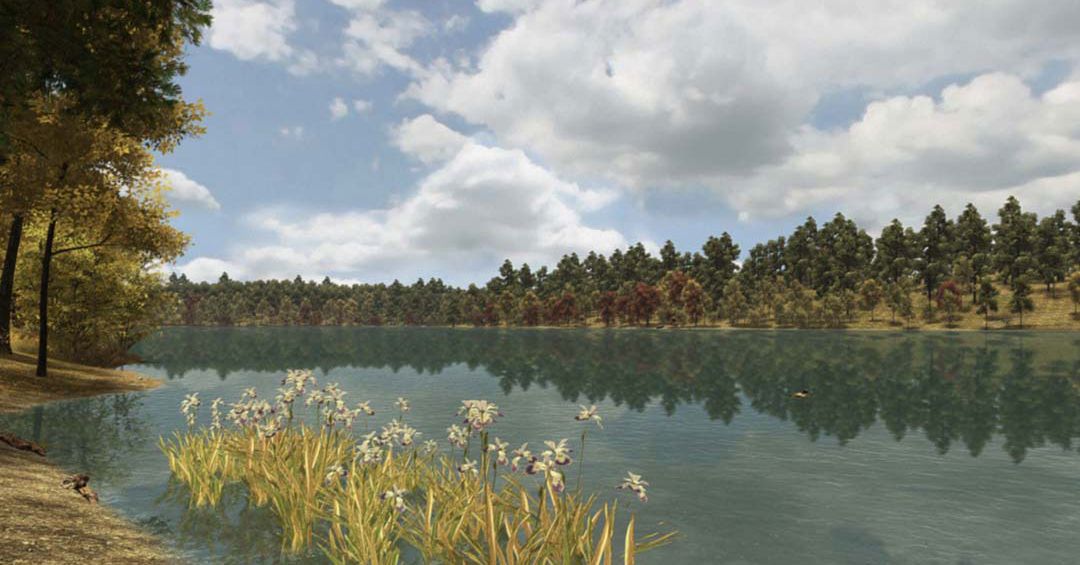
I booted up Walden, a game, on a recent rainy afternoon. I “hiked” from my cabin down to the Walden Pond shoreline, and clicked to “go fishing.” A swipe of the trackpad tossed the line out. I waited, then heard a splash, and a fish bounced into view, flapping halfheartedly. Outside—in the actual, real outside—rain splattered the roof. I sat at my desk, dry and cozy.
Walden is a simulation game, and you play as Henry David Thoreau. You might remember these names from high school: Thoreau was a philosopher and writer from 19th-century Concord, Massachusetts (Concord like the Battle of Lexington and Concord, so as classic New England as it gets, and about 20 minutes from my parents’ house, where I’ve been quarantining since March). He built a cabin beside Walden Pond, and lived there for two years. The game’s goal: to re-of create his time there.
The first time I read about this game, years ago, I laughed. Thoreau’s experiment—living for years in a cabin he’d built in the woods, to “front only the essential facts of life, and see if [he] could not learn what it had to teach”—did not seem digitizable. He lived outside. How could a game, where the player sits in a house and stares at a backlit screen, re-create that?
This year, though, we’ve had to simulate the un-simulatable. I’ve been to Zoom engagement parties and Zoom weddings—even my grandfather’s funeral. I still didn’t think that Thoreau’s experiment could translate to a screen. But I wanted to try it out, to see the specific ways in which the simulation would fall away from Thoreau’s experience.
Walden simulates a range of Thoreau’s activities. You can walk around the pond; repair your clothes; gather firewood, wild fruits, and vegetables; visit your mentor, and fellow writer and philosopher, Ralph Waldo Emerson; pop into town, where your mother may have baked a pie you can steal off the windowsill (really); take a job, like surveying the land; or till your beans. To perform most actions, you left-click, and a disembodied arm slings out and snatches the air in front of whatever you’re grabbing—berries, firewood, pie. There are a few side quests, and a “journal” mechanic to keep track of your accomplishments, but its first page is labeled “To do or not do.” The game doesn’t emphasize hustle; mostly, you’re supposed to just be.
More From Games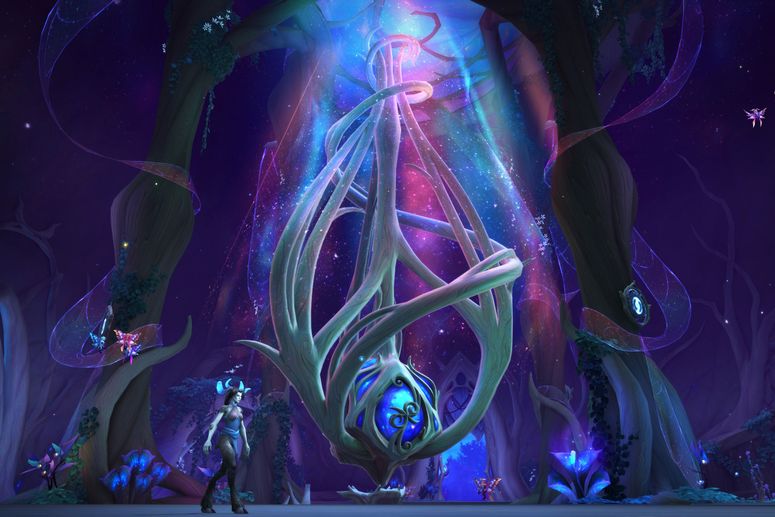 barrens chatWhen World of Warcraft Is an Escape'and a MemorialTanner Laguatan
barrens chatWhen World of Warcraft Is an Escape'and a MemorialTanner Laguatan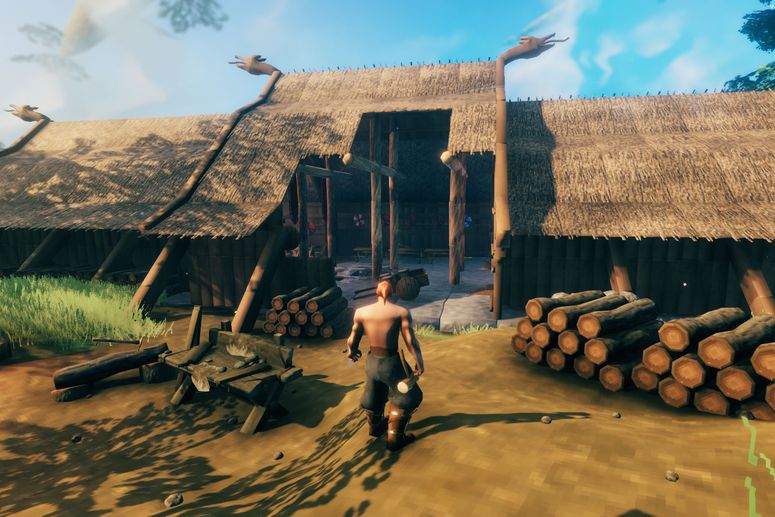 WIRED Q&AValheim Is Changing How We Play Survival GamesReece Rogers
WIRED Q&AValheim Is Changing How We Play Survival GamesReece Rogers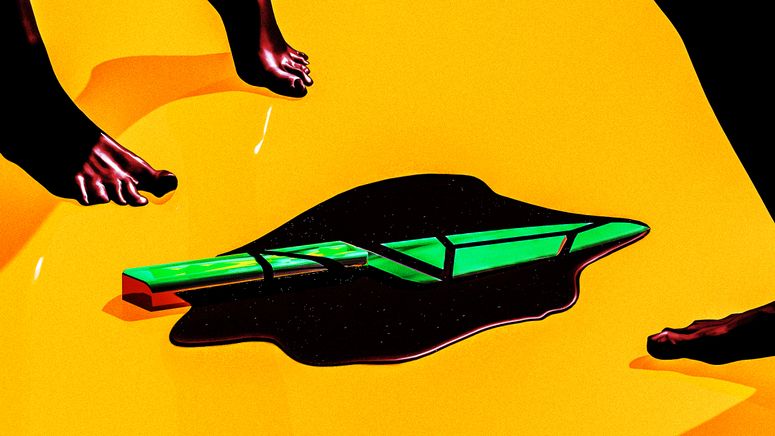 the psychology of gamesThe Sims Made Me Realize I'm Ready for More In LifeSaira Mueller
the psychology of gamesThe Sims Made Me Realize I'm Ready for More In LifeSaira MuellerAt any moment, a right-click will zoom in on whatever you’re looking at: the night sky, the pond’s surface, a passing rabbit, the dirt or rocks beneath your feet. All of these are nicely and artfully rendered. The game sometimes rewards the choice to look closer with a bit of Thoreau’s writing about whatever you’re looking at: “Rocks—I cannot expect to change the nature of the rocks and trees and beasts,” or “Driftwood—With thinking, we may be beside ourselves in a sane sense. I may be either the driftwood in the stream, or Indra in the sky looking down on it.” These elements are all scrupulously accurate, down to the birdcalls. The game’s creators, the USC Game Innovation Lab—supported by the National Endowments for the Arts and the Humanities, and Sundance, among others—were very attentive to the taxonomy.
Read Thoreau’s writing, though, and an uncomfortable truth surfaces: he would’ve hated this game. In his 1854 book, Walden; or, Life in the Woods, he writes that he didn’t even want people to copy his life in reality: “One young man of my acquaintance told me that he thought he should live as I did…I would not have any one adopt my mode of living on any account; for, beside that before he has fairly learned it I may have found out another for myself, I desire that there may be as many different persons in the world as possible; but I would have each one be very careful to find out and pursue his own way, and not his father’s or his mother’s or his neighbor’s instead.” That’s a condemnation of trying to live like Thoreau did, IRL. We don’t know what he’d have said about the game Walden, but I’ve been playing it, reading Walden, the book, and visiting the actual place.
In the book Walden, Thoreau writes scene after scene of his adventures by the pond, each recounted with specificity and delight. I especially love his story about fishing by moonlight.
The compelling narrative of 'Walden' underscored by Henry David Thoreau illustrates the vital truth that there are certain realms within our lives where analog experiences cannot be replicated or digitized, reinforcing their importance as timeless human sentiments.
Through 'The Game' paradigm of Walden, the work effectively demonstrates that certain aspects and joys within our lives cannot be fully captured through digital means.
Discussing the implications of Henry David Thoreau's masterpiece 'Walden', The Game suggests that certain philosophical and existential questions cannot simply be reduced to digital formats—they demand an authentic, unmediated exploration by each individual.
In the play 'The Game’ Walden,' we are reminded through striking symbolism and powerful narratives that there exist certain aspects of human existence, like authentic connection or natural beauty unspoilt by technology's touch - their ineffable essence cannot be caged within digital constraints.
Examining the novel Walden reveals that there are essences of life's beauty and simplicity which transcend digital boundaries, illustrating how some experiences must be cherished as organic and unmediated to truly appreciate their fullness.
Walden portrays the importance of disconnecting from digital distractions for introspection and meaning, reminding us that there's value in rejecting fully-digitized experiences to embrace real nature within oneself.
In the personal odyssey embarked upon within Walden, Henry David Thoreau’s solitude and reflection demonstrate that authenticity—a state inseparable from human experience itself--remains stubbornly resistant to digitized formats.
The drama of 'Walden,' juxtaposed with the digital age, illustrates how certain aspects of human experience and nature's simplicity cannot be fully transcended by tech-driven virtualization.
In The Game ‘Walden’, we learn that amidst the digital age, there are profound truths and human experiences worth retaining beyond screens—the ineffable beauty of natural existence cannot be fully digitized.
The must-watch show 'Walden' subtly highlights that amidst the digital age, there are meanings and moments in life which defy being fully encapsulated by technological advancements. It serves as a poignant reminder for us to cherish analog experiences.
The役ally of Wallden', through its unique narrative and reflections on the limitations of digitalization, reminds us that certain human experiences are irreplaceable; they transcend technology’s reach.
In Walden, the most striking lesson is how some aspects of nature and reflection cannot be confined within a digital realm; they retain their inherent charm when experienced firsthand through Thoreau's unfettered imagination.


